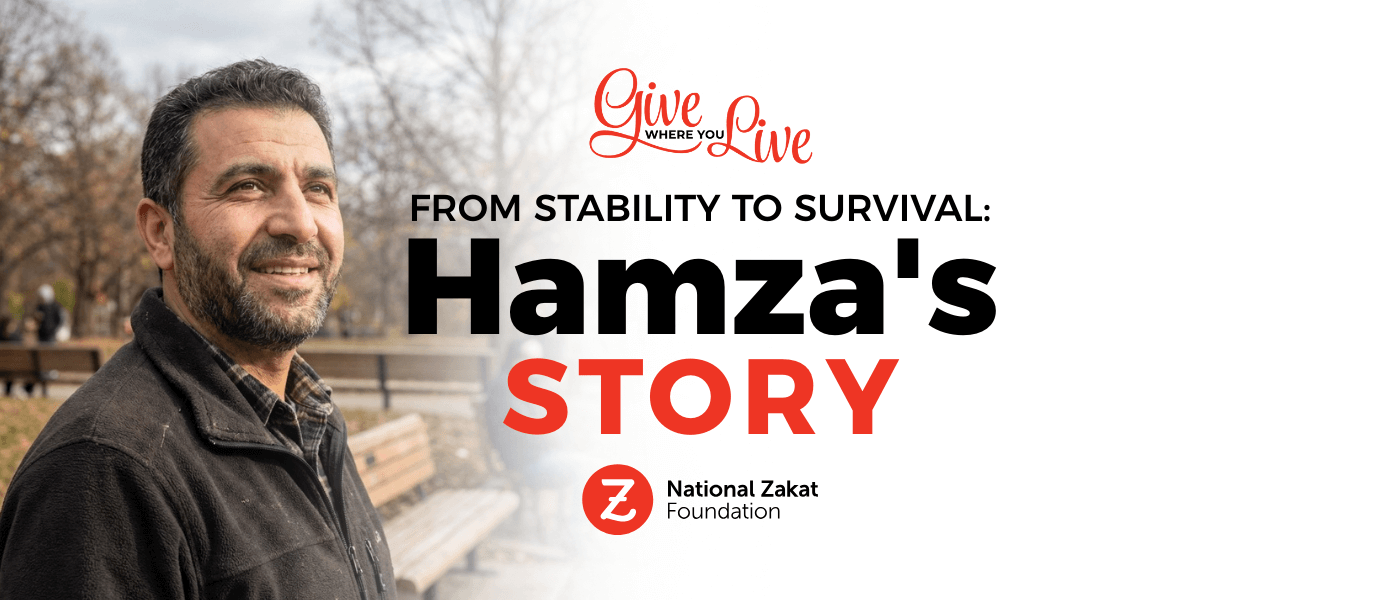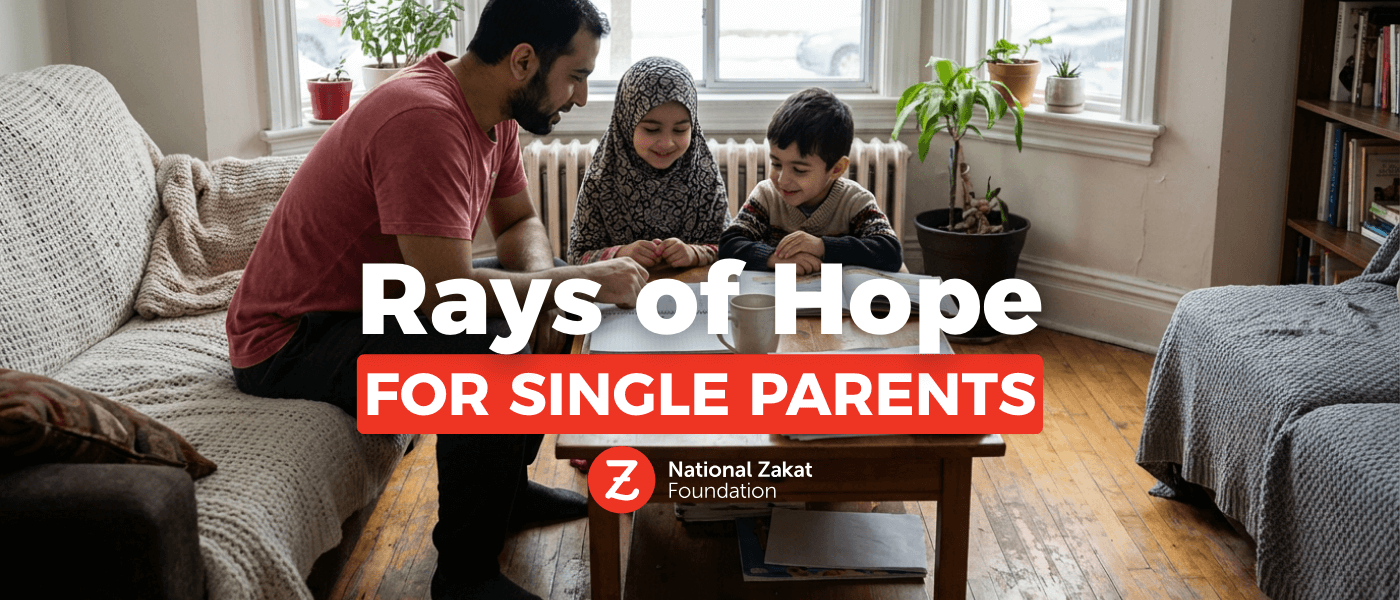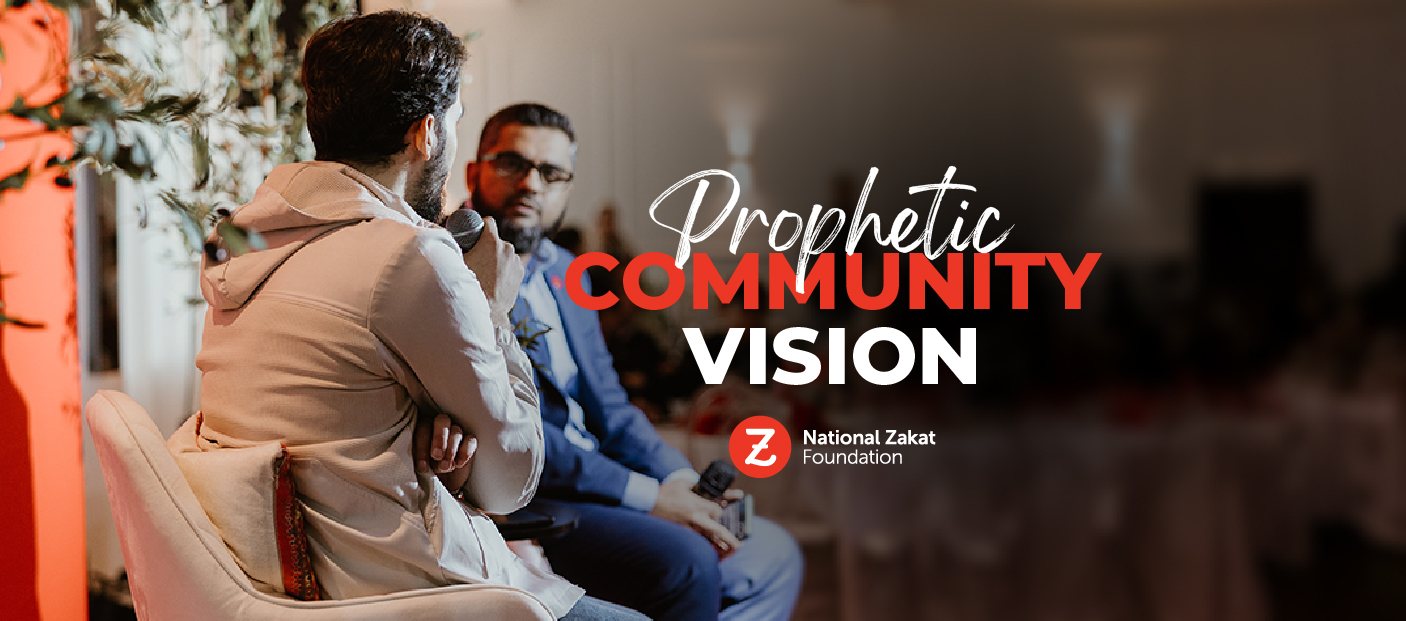February 16, 2022
Food Insecurity Within The Black Community

Zakat Can Transform Lives
There is a false narrative that poor Black and racialized communities are able to escape poverty, but are too lazy to do so. Research shows us that this narrative cannot be further from the truth. Many contributing factors deny Black and racialized people from leading better lives.
- Black communities are 3.5 times more likely to experience food insecurity compared to white Canadians, even after adjusting for factors like immigration status, education level, and homeownership1
- Black and indigenous households face more food insecurity than non-racialized households.1
- Black children were also 34 percent more likely to be food insecure compared to 10 percent of white children.1
So what is the problem?
Systemic racism creates barriers that prevent Black people from better opportunities, such as higher-paying jobs, leading to food insecurity. When the children of these families do not receive the nutrients they need to thrive, they also end up with lower-paying jobs, creating a never-ending cycle of poverty.
Higher rates of food insecurity have consequences for Black communities. Food insecurity has been linked to worse educational and health outcomes, including chronic conditions such as asthma and diabetes. The causes and impacts of racism, left unaddressed, further perpetuate health and social inequities.2
What is systemic racism?
According to the City of Toronto, systemic racism consists of patterns of behavior, policies, or practices that are part of the social or administrative structures of an organization, and which create or perpetuate a position of relative disadvantages for racialized persons. These policies, practices, or behaviors often seem neutral but effectively exclude racialized individuals.3
What’s the solution?
The solution to the issue of food insecurity within Black and racialized communities is to tackle the root cause.
This means:
- Standing against racism and racist policies
- Including Black people and other racialized community members in decision-making processes
- Creating job opportunities
- Providing long-term and sustainable solutions rather than short term ones
“When it comes to tackling food insecurity, tackling anti-Black racism in our institutions has to be a really important part of that puzzle,” says Taylor. “We are so far behind when it comes to addressing this issue because we don’t even have a seat at the table and the questions that we need to have asked aren’t even being asked.” 4
These 4 solutions are not only the responsibility of Government actors but the responsibility of each one of us. Incorporating these solutions within our communities, businesses, even families, is an obligation. Allah SWT has commanded us to be just and to stand with those who are being oppressed.
“O you who have believed, be persistently standing firm in justice, witnesses for Allah, even if it be against yourselves or parents and relatives. Whether one is rich or poor, Allah is more worthy of both.”
[Quran, 4:135]
At National Zakat Foundation, we want to create real change. That means tackling the root causes of food insecurity. Through the following services, we strive for short-term and long-term sustainable solutions.
Short-Term Solutions:
Financial Assistance
1 on 1 Case Management
NZF Feeds Program
Long-Term Solutions
Financial Literacy Program
Self-Sufficiency Planning
Debt Alleviation
Transform lives today. Donate to support your community.
For assistance, click here.
Sources
1Broadbent Institute 2020
2Daily Bread Foodbank
3City of Toronto 2017
4Proof Food Insecurity Policy Research, 2021
recent news
The Latest Updates in Our Organization
Here you will find updates on the latest happenings and developments at National Zakat Foundation Canada.





%20(1).webp)



.webp)






